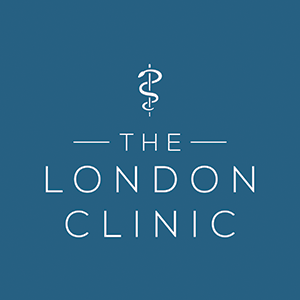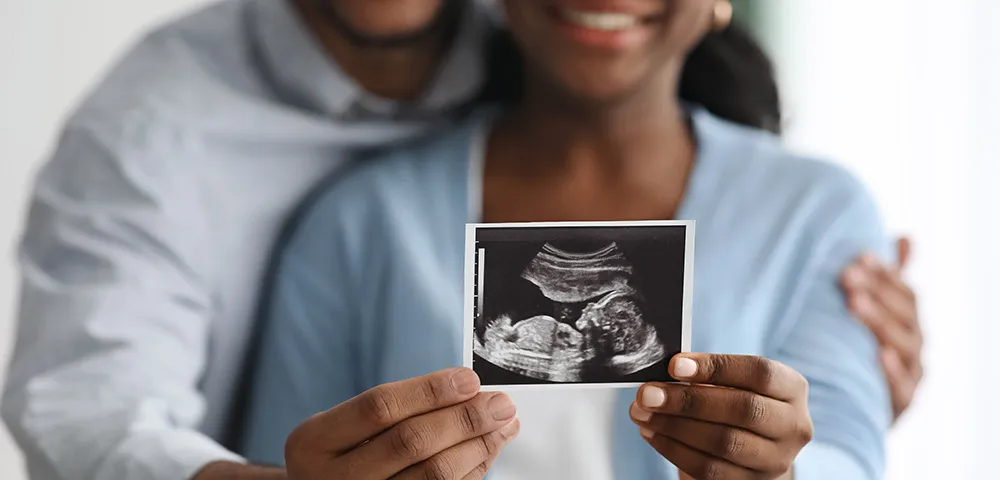After embryo transfer, it's important to take some precautions and follow certain guidelines to increase the chances of a successful pregnancy.
Key Takeaways
- Attending all follow-up appointments is crucial for monitoring the progress of the pregnancy and ensuring a successful outcome.
- After the embryo transfer, you need to stay hydrated and follow your medication schedule.
- It is important to take care of yourself both mentally and physically to increase the chances of a successful pregnancy after embryo transfer.
Here are some tips on what to do after embryo transfer to increase success:
1. Take a Rest
After the embryo transfer, it's important to rest and relax as much as possible.
Avoid any strenuous physical activity and take time off work if possible. This will help reduce stress levels and give the embryo the best chance to implant into the uterus.
Is the IVF process taking a toll on you? Talk to a patient support specialist and get connected to a professional psychologist.
2. Stay Hydrated
Drinking plenty of water and other fluids is essential after embryo transfer. It helps keep the body hydrated and supports blood flow to the uterus, which is important for successful implantation.

3. Follow the Medication Schedule
Following your medication schedule is crucial after embryo transfer. Your fertility doctor will prescribe medications to help support the embryo, and it's important to take them as directed.
This may include medications to prevent the rejection of the embryo or to stimulate hormone production.
READ: How to Improve Your Fertility After IVF
4. Eat a Healthy Diet
A healthy diet is important for successful embryo implantation. Make sure to eat a balanced diet with plenty of fruits and vegetables, lean protein, and whole grains.
Avoid processed foods, caffeine, and alcohol, as these can interfere with embryo implantation.
READ: 10 Ways to Increase Your Chances of Conceiving Through IVF
5. Avoid Hot Baths and Saunas
Avoid hot baths and saunas after embryo transfer, as high temperatures can be detrimental to embryo implantation.
High temperatures increase blood flow to other parts of the body, which can reduce blood flow to the uterus.
6. Avoid Sexual Intercourse
Avoid sexual intercourse for at least two weeks after embryo transfer. This is to avoid any physical trauma to the uterus, which can interfere with embryo implantation.
7. Attend Follow-Up Appointments
It's important to attend all follow-up appointments after embryo transfer. Your IVF specialist will monitor the progress of your pregnancy and ensure that everything is going well.

Your fertility specialist may also adjust your medication schedule or provide additional support if necessary.










